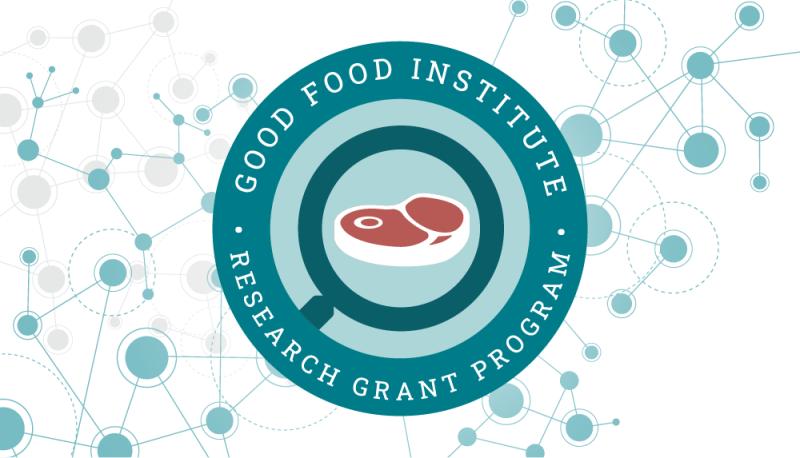
Deadline: 23 May 2024
The Good Food Institute (GFI) is currently accepting applications and proposals for the Alternative Protein Research Grants Program, aimed at supporting early to mid-stage research proposals that offer solutions to urgent scientific and technological challenges within the alternative protein industry.
Three (3) High Priority Areas:
- Priority A: Upcycling plant proteins
Applications addressing this priority area must improve the functionality of known food industry side streams using emerging processing methods/technology, calculated sidestream volume, and limited economic assessment. Successful proposals must articulate:
- Which sidestream raw material and emerging processing techniques they plan to use;
- What preliminary research has been conducted with their proposed raw material and processing techniques;
- How they will conduct a production volume calculation of the sidestream raw material;
- How they will conduct an economic assessment of their process, highlighting bottlenecks that could be improved;
- (Optional, but encouraged) How they will apply this sidestream ingredient to an end-product prototype.
- Priority B: Next-gen fermentation downstream processing
Applications in this category must provide sustainable and low-cost approaches for downstream food protein isolation from precision fermentation biomanufacturing. Successful proposals must articulate:
- The BioMRL status of the project;
- A solution for the fermentation-derived alternative protein space that specifically offers an innovation in precision fermentation downstream processing for food;
- An optimized, adapted, or novel unit operation for DSP in the form of equipment, consumables (e.g., filtration architecture, fluidics), materials (e.g., membrane, filter substrates, affinity molecules), or hybrid biological/chemical/engineering solution (e.g., precipitation);
- The proposed demonstration/development/engineering of the technology as it specifically relates to food protein DSP for fermentation-derived alternative meat proteins;
- How this approach will significantly improve the unit economics over current DSP systems, such as a model of electrical and water consumption per kg of isolated protein for a projected large-scale solution to justify the potential to substantially improve DSP;
- The path to scaling the solution to commercial-scale bioprocess unit operations for food ingredient production. The risks to scaling should be acknowledged, and mitigation strategies should be included in the proposal.
- Priority C: Hydrolysates for cultivated meat
Under this focus area, proposals must seek to optimize raw material processing and characterization to enable lower-cost and higher-performing hydrolysate ingredients for cultivated meat media. Successful proposals must articulate:
- The raw materials for testing and a justification for why they were selected, ideally including reference to relevant cell type and/or species’ metabolic requirements;
- The hypothesis for how the proposed solution will enable lower-cost and higher-performing hydrolysate ingredients suitable for commercial-scale production;
- The experimental approach for testing the performance of the various hydrolysates in cells relevant to cultivated meat manufacturing (see here for cells and species of highest interest);
- Any controls or comparators that will be used;
- Any limitations or uncertainties in the devised approach;
- How costs, energy use, or other resource utilization could be improved or will otherwise be affected compared to existing practices for hydrolysate production.
Funding Information
- Total funding available: $3.4MM
- Funding amount per project: Up to 250,000 USD with up to 50,000 USD additional funding for projects partnering with researchers and/or industry stakeholders not previously engaged in alternative protein research.
- Project duration: Up to 24 months
Who is eligible to apply?
- Submissions are open to applicants from all sectors worldwide, including academia, government, industry, and nonprofits. GFI strongly encourages women and gender minorities, racial and ethnic minorities, and other individuals under-represented in the alternative protein industry to apply for funding through this RFP.
- Graduate students or postdoctoral researchers are eligible to lead the proposed project, contingent upon the inclusion of a Letter of Commitment signed by a faculty member from the student or postdoc’s higher education institution.
- Proposals from scientists, who are new to the alternative protein field or have not previously received funding from GFI are highly encouraged. However, proposals from researchers who have previously received a GFI grant award are also welcomed.

